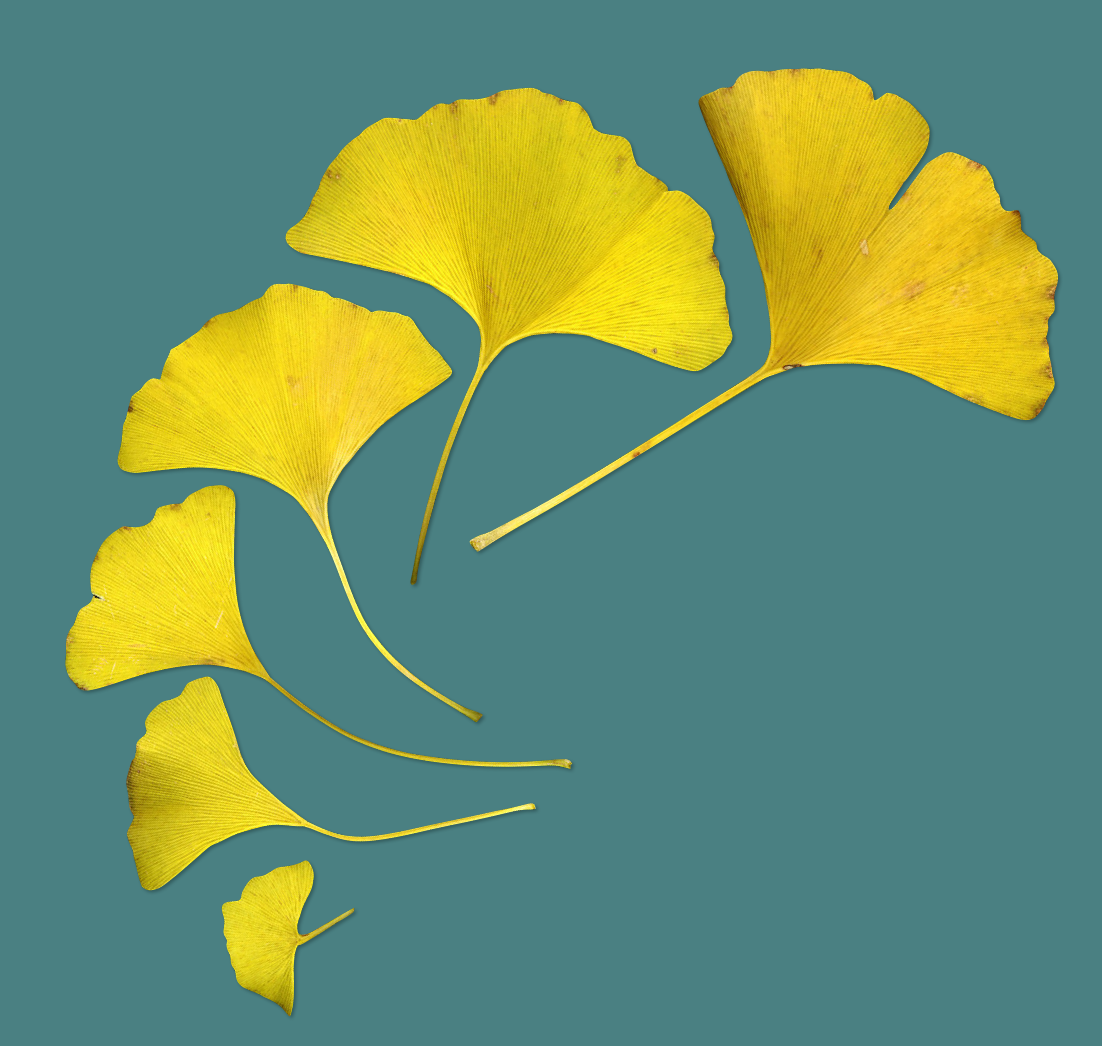Vitamin D in Winter
Winter has arrived, and, likely, our Vitamin D levels are now dropping. I am gazing out the window as I sit here, it is drizzling. The rain is so welcome here in Perth, but we are in the season of less sunshine.
We all know that Vitamin D is important for calcium absorption and bone health. However, it is also important for moderating inflammation in the body, for a healthy immune system, can help prevent T1 & T2 diabetes, lower high blood pressure, and help with depression.
Actually, Vitamin D is more of a hormone than a vitamin.
For most healthy people living in Perth, at least., we can get enough Vit D from the sun for 3/4 of the year, as long as we allow ourselves to receive sufficient sunshine on bare skin—not enough to burn the skin, of course. Sufficient sunshine is also beneficial for mental health. Incidental sunshine can be enough for many people, but I often prescribe 15 minutes (minimum) of sunshine between 10am and 3pm, at least three days a week, on arms and legs. In winter, rolling up the sleeves and baring the white part of your forearm to the sun during your lunch break, for 10-20 minutes, can really help maintain good levels.
We do tend to store Vitamin D in fat calls ready for winter. However, by the middle to end of winter, we can start to become deficient if we aren't already. That's when I start to consider taking it myself.
Some people are more vulnerable to Vit D deficiency- the elderly, people with darker skin, breastfeeding women, people with obesity, people who have had gastric bypass surgery, and people who do not absorb fats well. And of course, people who avoid the sun or are stuck inside all day.
I recommend taking Vitamin D with another fat-soluble vitamin, Vit K2, which helps send calcium to the right places, such as the bones. Since Vitamin D increases calcium absorption, sometimes calcium tends to deposit in unhelpful places- joints or even blood vessels and arteries. Some bodies tend to do this more than others.
I developed a bunion on my right big toe—an unhelpful place for calcium to deposit and painful when wearing shoes. I took Vitamin K2 to see if it helped, and it actually did—it removed the bunion, dissolved the calcium, and sent it elsewhere. So, I am a fan of Vitamin K2, especially for people who tend to get those weird lumps or are developing narrowing arteries. There are many good quality Vit D with K2 products on the market now.
At this time of year, we may get slightly depressed as we get less sunshiny days. Vitamin D can help with this seasonal depression. I usually use it along with some herbs, such as St Johns Wort.
Moderate sunshine is the best source of Vitamin D, when it is available, and our bodies can absorb it. Vitamin D supplements do have their place; this just might be the time of year to consider taking one if you don't already. Just until sunnier, warmer weather arrives.

